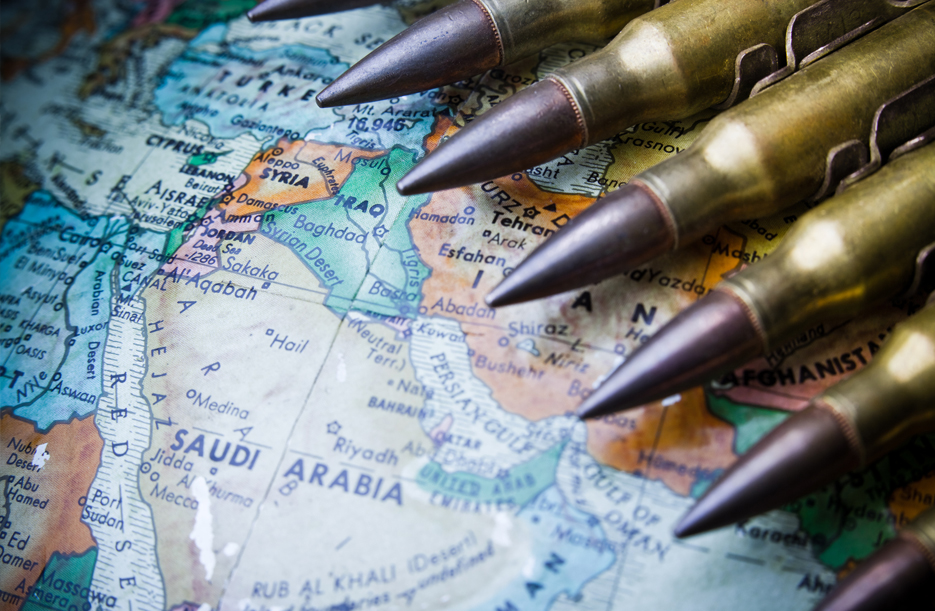
Posted On : Dec 7 2020
Asa`ib Ahl al-Haq (AAH): Unveiling the Shiite Militant Group in Iraq
Asa`ib Ahl al-Haq (AAH), meaning the "League of the Righteous," is a Shiite paramilitary organization that has played a significant role in the complex and evolving landscape of Iraq`s recent history.

With roots tracing back to the aftermath of the US-led invasion in 2003, AAH has grown into a powerful entity that has not only shaped Iraq's internal dynamics but also played a role in regional geopolitics. This article delves into the origins, objectives, and impact of Asa'ib Ahl al-Haq.
Origins and Objectives
Formed in the mid-2000s, AAH emerged as an offshoot of the Sadrist movement led by Shiite cleric Muqtada al-Sadr. The organization was born in response to the US-led invasion and aimed to resist foreign occupation while also promoting a Shiite Islamist agenda. Over time, AAH transformed from a small militant faction to a formidable paramilitary group with political aspirations. AAH's primary objectives include resisting external influence in Iraq, combating Sunni extremism, and promoting Shiite empowerment. The group has historically maintained close ties with Iran, which shares its Shiite ideology. It has actively participated in the fight against the Islamic State (IS) and played a role in ensuring the security of Shiite communities.
Activities and Influence
AAH's activities have been marked by a mix of military operations, political engagement, and social services. The group's armed wing has been involved in various clashes, most notably during the sectarian violence that gripped Iraq in the mid-2000s. However, AAH has also engaged in political processes and participated in Iraqi elections, highlighting its dual role as both a militia and a political entity. The organization's social services, including education and healthcare initiatives, have contributed to its popularity within Shiite communities. This combination of military activities, political engagement, and social services has allowed AAH to position itself as a significant player in Iraqi society.
Challenges and Concerns
While AAH has garnered support among segments of the Shiite population, it has also faced criticism and concerns. The group's ties to Iran have raised worries about Iraq's sovereignty and the potential for external influence. Additionally, AAH's history of violence, including attacks against American and coalition forces, has led to questions about its intentions and its commitment to a stable Iraq. AAH's participation in Iraqi politics has been both a source of influence and controversy. As the group seeks to balance its political and militant roles, it faces the challenge of maintaining its armed capabilities while adhering to the constraints of a political system that seeks stability and inclusivity.
Conclusion
Asa'ib Ahl al-Haq (AAH) occupies a prominent place in Iraq's intricate socio-political fabric. Its origins within the aftermath of the US-led invasion, its Shiite Islamist agenda, and its involvement in both military and political spheres have made it a noteworthy entity. The group's trajectory underscores the complex interplay between religious identity, nationalism, and regional dynamics in shaping Iraq's present and future. As the country navigates its way through ongoing challenges, the role of AAH continues to be a significant factor influencing its stability and direction.
No Comments Added




















